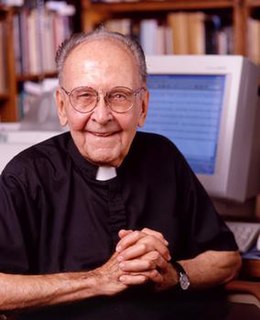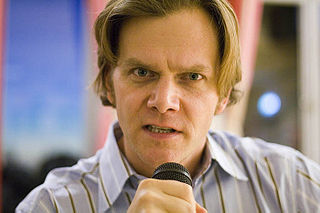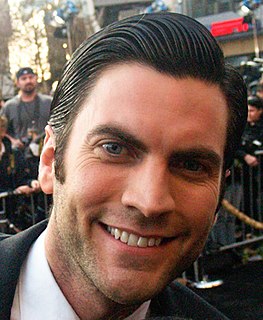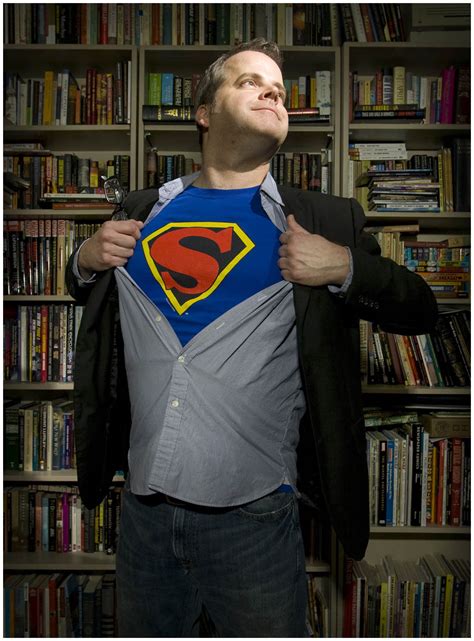A Quote by Mark Millar
I don't see one as bring better or more literate than the other and there's a real buzz to not only writing about a character I love like Superman, but also writing something that kids can enjoy.
Related Quotes
The thing with Superman is that he's completely emotionally open to the reader. Meaning what he tells you is what he's feeling; there's a transparency there. And what he tells other characters is usually as transparent as can be. What he says he believes in. So there's an honesty that is both really inspiring writing the character. One thing I love about Clark Kent is that there is a badassery that you don't see a lot. Even as Superman, he's always kind of restraining himself. When you challenge him, I think there's nobody that has a stronger spine than Superman.
You want to have the experience. As far as the creative side, the more I do this, the more I know that it's all about the writing. You got on a film sometimes and it's sort of half-written, and they expect and think that the actor's job is to bring the extra part and the good part. It's not. We're good at saying what other people have written, but for the majority of it, that's about it, comedians aside. It's all in the writing. Whether that's dialogue or character, or whatever, it doesn't matter. As long as they've done something special, than you can do something special.
Writing fiction lets you be a little more emotional and unguarded, a little freer. Writing fictional characters is also really different from writing about real people. In nonfiction, you can only say so much about the people you interact with. After all, they're actual people, their version of their story trumps yours. In a novel, you can build a character, using certain parts or impressions of someone you know, and guessing or inventing others, without having to worry that your guesses or memories or inventions are wrong.
People will ask me, "How do you approach writing books for young readers differently than for adults?" My answer is always: I don't change anything about the story itself. I'm going to tell kids the way things really were. What I don't do - and this is the only thing I do differently in writing for kids - is that I don't revel in the gory details. I allow readers to fill in the details as necessary. But I don’t force kids to have to digest something they’re not mature enough or ready for yet. If they are, they can fill in the details even better than I could, just with their imaginations.
Certainly, for younger guys, Superman is this mythological character that they've thought about and explored in their imaginations... But one thing I really like about Superman fans is that they're so open-minded and excited and honest. There's something beautiful about their enjoyment of it - something very Superman-like.
Writing is really just a matter of writing a lot, writing consistently and having faith that you'll continue to get better and better. Sometimes, people think that if they don't display great talent and have some success right away, they won't succeed. But writing is about struggling through and learning and finding out what it is about writing itself that you really love.
Ever since high school I've been writing in a spiral notebook, in pencil. Everything looks too polished on a computer when you start writing, and I can't really see it. I feel like the words are much more naked in pencil, on a notebook. I feel that my brain works differently, and words come out differently, if I have a pencil in my hand, rather than if I have a keyboard. I tend to add more in the margins. I tend to elongate the sentences as I'm writing and editing, and there is just something about the feeling of writing longhand that I really love.
I have a hard time writing. Most writers have a hard time writing. I have a harder time than most because I'm lazier than most. [...] The other problem I have is fear of writing. The act of writing puts you in confrontation with yourself, which is why I think writers assiduously avoid writing. [...] Not writing is more of a psychological problem than a writing problem. All the time I'm not writing I feel like a criminal. [...] It's horrible to feel felonious every second of the day. Especially when it goes on for years. It's much more relaxing actually to work.
It is a bit more challenging for the simple fact that now the stories I am writing are relying more on my imagination than on facts, more on research than on memory; so it is basically a slower writing process, more reading, more exploring. On the other hand, this approach is a little bit relieving too, since many times while writing [How the Soldieer Repairs the Gramophone] I felt too close and equal to my character.






































